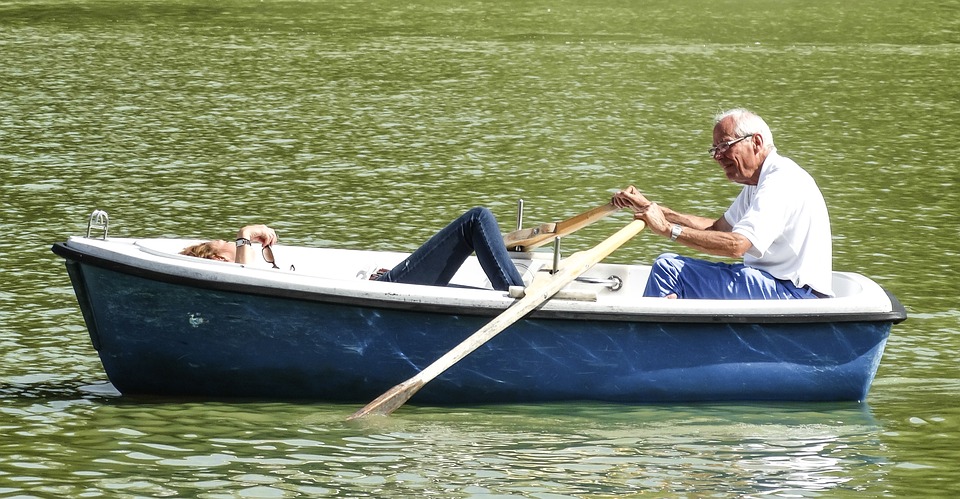Environmental conservation has become an increasingly pressing issue in modern society as the impact of human activities on the planet becomes more apparent. From deforestation to air pollution, our actions have led to irreversible damage to ecosystems and threaten the survival of countless species. In this article, we will explore the importance of environmental conservation and why it should be a top priority for individuals, communities, and governments worldwide.
The Current State of the Environment
Before delving into the importance of environmental conservation, it is crucial to understand the current state of the environment. According to the World Wildlife Fund, global wildlife populations have declined by 60% in the past 40 years due to habitat loss, pollution, climate change, and other human-induced factors. Additionally, the Intergovernmental Panel on Climate Change (IPCC) warns that we are facing a climate crisis with rising global temperatures, extreme weather events, and melting ice caps.
The Importance of Biodiversity
Biodiversity is essential for the health of ecosystems and the well-being of all living organisms, including humans. A diverse range of plant and animal species provides ecosystem services such as pollination, water purification, and carbon sequestration. When biodiversity is threatened, these crucial services are compromised, leading to negative impacts on agriculture, human health, and overall ecosystem stability.
Examples of Biodiversity Loss
- The decline of bee populations due to habitat loss and pesticide use has led to decreased pollination of crops, affecting food production.
- The extinction of species like the passenger pigeon and the ivory-billed woodpecker due to hunting and deforestation highlights the irreversible consequences of biodiversity loss.
Sustainable Resource Management
In order to conserve the environment for future generations, sustainable resource management practices must be implemented. This involves using resources in a way that meets current needs without compromising the ability of future generations to meet their own needs. Sustainable agriculture, forestry, and fisheries are crucial for maintaining healthy ecosystems and ensuring the long-term availability of resources.
Case Study: Sustainable Palm Oil Production
The palm oil industry has been associated with deforestation, habitat destruction, and human rights abuses. However, companies like Unilever and Nestlé have committed to sourcing sustainable palm oil through certifications like the Roundtable on Sustainable Palm Oil (RSPO). By supporting sustainable palm oil production, these companies are mitigating the negative impacts of palm oil cultivation on the environment and local communities.
Climate Change Mitigation
Climate change is one of the most pressing environmental challenges facing the world today. In order to mitigate the impacts of climate change, it is essential to reduce greenhouse gas emissions and invest in renewable energy sources. Transitioning to a low-carbon economy will not only help combat climate change but also create new job opportunities, improve public health, and reduce dependence on fossil fuels.
Statistics on Climate Change
- According to NASA, the global average temperature has increased by 1.9 degrees Fahrenheit since 1880, with 2016 being the warmest year on record.
- The United Nations Environment Programme estimates that global greenhouse gas emissions need to be reduced by 7.6% annually in order to limit global warming to 1.5 degrees Celsius above pre-industrial levels.
Conclusion
In conclusion, environmental conservation is crucial for preserving biodiversity, ensuring sustainable resource management, and mitigating the impacts of climate change. By taking action at the individual, community, and governmental levels, we can work towards a more sustainable future for our planet. It is essential for everyone to take responsibility for their environmental footprint and advocate for policies that promote conservation and sustainability. Together, we can make a positive impact on the environment and create a better world for generations to come.
